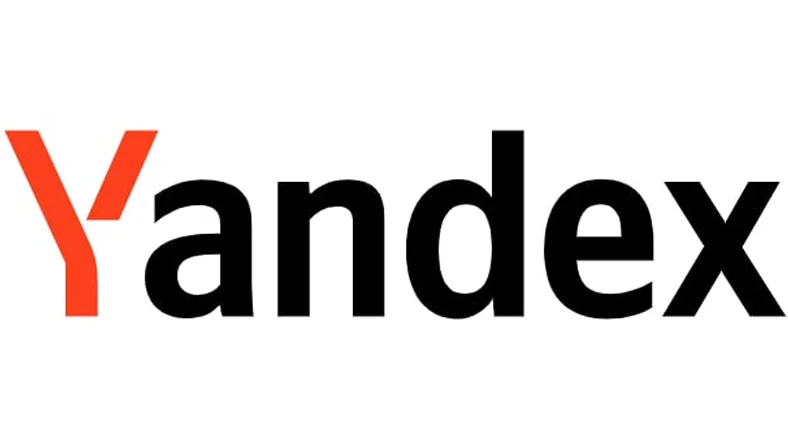A few weeks ago, Yandex has fell victim to a code breach which has led to some of their SEO ranking secrets to be unearthed to the general public.
For a bit of context on Yandex, they are a new search engine used in Russia. In 2022, 64% of Russians were using Yandex, with the remaining 36% using Google to browse the web.

Yandex technically is actually more useful than Google to those living in and around Russia. Some of the services it offers include:
- Marketplace
- Taxi service
- Cloud
- Travel
- Alice (similar to Siri)
Below we look further into the proprietary source code leaks and how we can learn from them for SEO marketing efforts.
What was leaked?
In the closing days of January, those within marketing became aware of Yandex being compromised by hackers.
The code was published online, which included a total of 1,900 individual ranking factors were found within. A large number for sure, but one that will be an eye opener to marketers going forward.
Alex Burak has broken them down via a Twitter feed with lots of useful information.
They are links to the full source code included, along with comment and opinion on knowledge around these recent events. We’ve summarised some of the key points below.
Domain Authority
One of the first notable discoveries is that domain authority has a direct impact on SEO and browser ranking.
This might not come as any surprise, as DA is a common metric used worldwide across the industry – it’s nice to see it confirmed for Yandex though. Having people link back to your website’s content is a clear indication of strong and reputable websites.
Website traffic metrics affect search ranking
Those who use Pay Per Click advertising be wary, as it appears that organic traffic and it’s % landing on your site affects ranking.
This has long been rumoured, with Google Analytics providing Google with full traffic information about your site, many have postured that it’s taken as ranking factor to determine the value and experience a website offers. Though we can’t confirm it is the case for Google, it’s clear from the Yandex leak that general traffic metrics do play a part in their search rankings.
Having organic traffic is more valuable and worthwhile for your search ranking. Better still you are more likely to have repeat visitors through organic search channels, typically resulting in long-term positive outcome for Yandex’s ranking decision.

URL Structure and contents
Two things regarding URLs were uncovered from this hack.
Including numbers in your web page’s URL is detrimental to search ranking. Keep it simple it seems, and plain english / natural language word are always better than using numbers.
The second thing regarding URL structure is including forward slashes. Whilst they are good for breaking up info, try not overuse them.
Backlinking and internal linking
Another SEO fundamental has been touched upon. This time with linking back to your website.
But which way works best for ranking, back or internal?
It works out that gaining backlinks from main webpages is more valuable than internal links. This is the backbone of many successful SEO campaigns, so it’s reassuring to have this detail confirmed.
Does this affect Google rankings?
With how closely related Yandex is to Google many have been quick to jump the gun with these recent source code leaks.
They are obviously different products that share similar characteristics. Whilst these leaked pieces of information do not relate to Google, it’s important to have these in mind for your future SEO efforts.
After all, for those within the SEO realm, the leaked information has not really come as a shock for Search Engine Optimisation, it’s been useful to clarify strategy and we’ve used it to support many of our optimisation activities.
It’s more scary that they have had a data breach in the first place.


